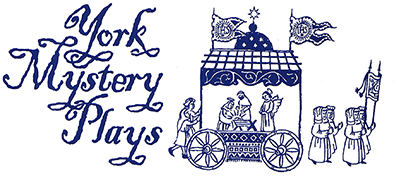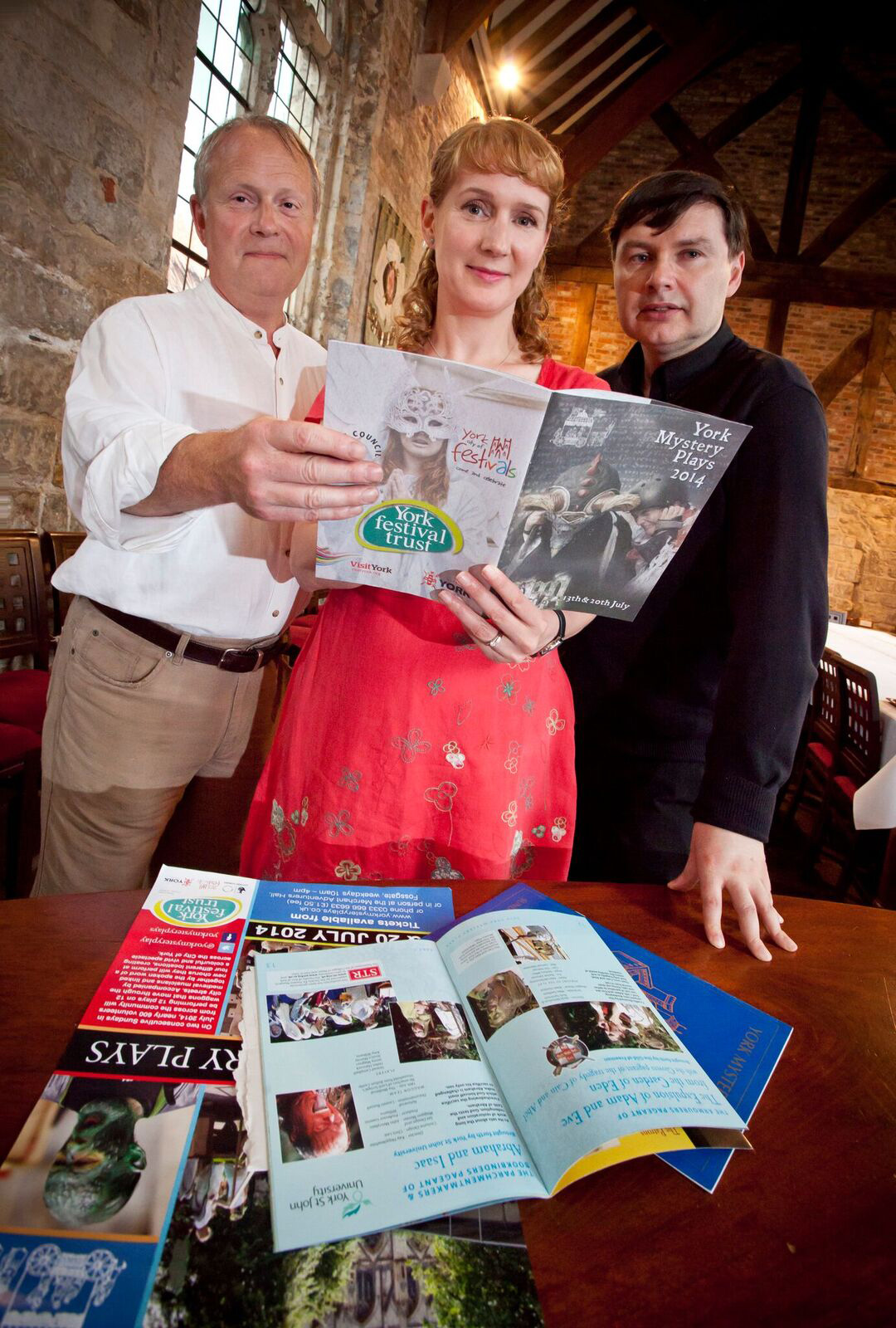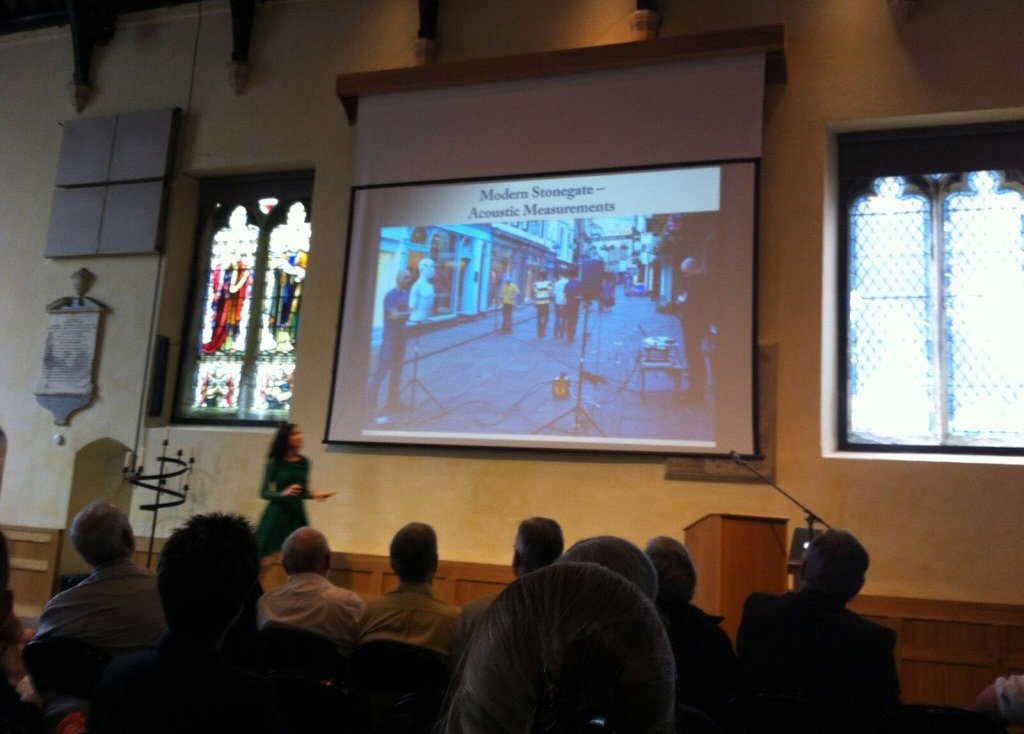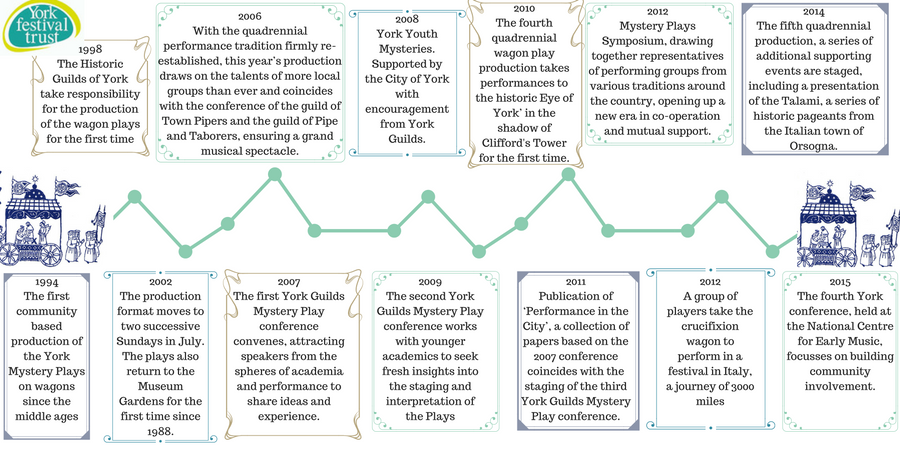York Festival Trust — Guardians of the Mystery Plays
The staging of the York Mystery Plays is one of the city’s greatest literary and theatrical traditions and is a hugely popular part of York’s cultural heritage.
York Festival Trust is a charitable company, incorporated in 1979, that has staged the Mystery Plays on the streets of York on behalf of the city’s historic Guilds every four years since 1998 and is the only organisation currently staging large scale productions on a regular basis.
In medieval times, the Guilds would present the plays on moving pageant waggons, parading through the city streets from one location to another. Trade guilds arose in the 14th century as craftsmen united to protect their common interest. In 1415, there were 96 (?) craft guilds; there are now just eight – five that date back to the 14th and 15th centuries, two formed in the 1950s, with the Guild of Media Arts becoming the city’s eighth guild at the end of 2015.
York Festival Trust is committed to continuing this rich and vibrant tradition and dedicated to engaging a local community that embraces the staging of the Mystery Plays. It is made up of nine trustees, seven of which represent The Company of Merchant Taylors, The Company of Merchant Adventurers, The York Guild of Building, The Company of Cordwainers, The Company of Butchers, The Guild of Scriveners and the Gild of Freemen.
On behalf of the Guilds, the registered charity has raised funds to cover the practicalities of presenting plays on waggons through York’s higgledy-piggledy streets, bringing spectacle and high-quality drama to the city centre.
The Trust, through the Wagons Plays Board, looks after the core planning and oversees associated financial, legal, technical and logistical issues. It employs a professional pageant master, director of music, and an events manager to produce the quadrennial plays and liaises with hundreds of enthusiastic amateurs from the Guilds, local schools, church communities and community theatre groups.
As well as producing the Mystery Plays every four years, York Festival Trust is also held in high regard within the academic world and regularly holds conferences that bring together an international community of scholars, who have made the study of the York Plays their life’s work, with local academics to share insights and ideas.
In 2010, York Festival Trust negotiated with the British Library to have the sole surviving copy of the original manuscript of the York Mystery Plays loaned to York Art Gallery for display during an exhibition on the world-famous plays.



